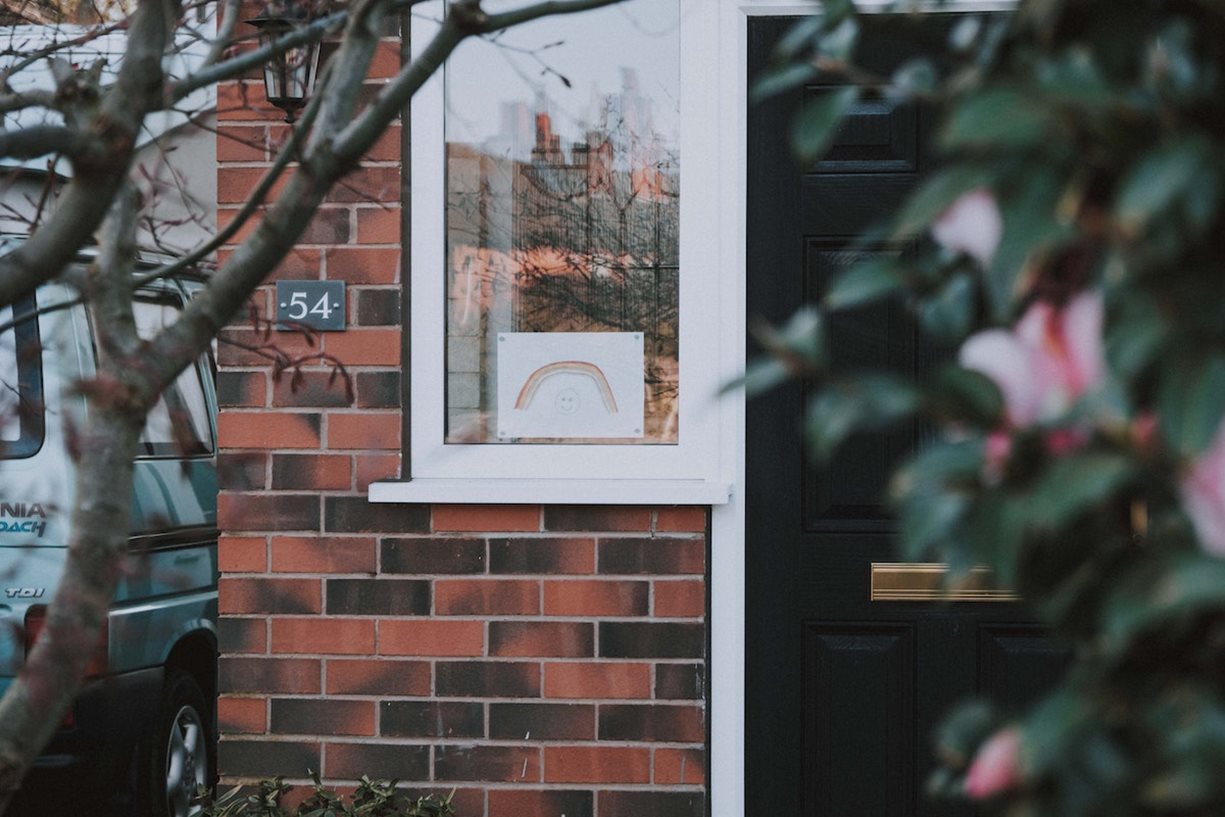Renting from a Private Landlord: Everything You Need To Know
In the decade between 2007 and 2017, the number of households renting property in the UK leapt from 2.8 million to 4.5 million. With this many people living in homes they don’t own themselves, it’s vital that tenants understand what to expect when renting. Whether you’re a first-time tenant or a well-seasoned renter, you should stay on top of the latest developments when renting from a private landlord. In this article we’ll run you through how to go about renting in England, what you ought to do as a renter, and the obligations the landlord has when you’re renting.

Considerations when renting from a private landlord
At Treehaus, we have a huge range of properties to rent managed by private landlords.
Once you have found a property that suits your search criteria, if it’s listed by a private landlord, you can chat to him or her directly through our Treehaus dashboard. This is a chance to ask any questions you may have, as well as arrange a viewing of the rental property. If the landlord has been letting out property privately for a while, you can also use helpful sites such as Marks Out Of Tenancy to see their ratings and reviews and previous tenants. Simply type in the property’s address and you’ll be able to get a good picture of your prospective landlord.
The next step is to head along to a viewing to get an in-person feel for your future home. During your viewing of the property, take the opportunity to discuss and confirm how much the rent is and when it should be paid, then make sure you find out who to contact if ever any issues arise.

Tenant background checks
If after the viewing you still love the property and think it has potential to become your new home, then you should compile the relevant documents for proving your identity, income, and your reliability as a renter. You can find out more on tenant credit checks and referencing.
You should then submit this package to the landlord so that they may perform the appropriate background checks concerning your guarantors and credit rating (only with your consent).
Tenancy agreements
Once the tenant credit check and referencing is complete you must sign a tenancy agreement. This is the contract between you and your landlord that proves both parties are willing for you to move into the property. Make sure you’ve given the agreement a thorough read-through before you sign it. At Treehaus, you do this completely digitally if you’d like to.
Tenancy deposits and other fees
Before you move in, you’ll have to pay some rent in advance as well as a tenancy deposit (up to the amount equal to five weeks’ rent). Do note that since 1st June 2019, most fees associated with renting have been banned (for example; administration, referencing, and immigration/credit check fees). If you are charged any of these fees by your landlord, you are legally entitled to a refund. When you rent through Treehaus, your deposit will always be protected by a registered tenancy deposit scheme.
The landlord’s obligations
Beyond the fundamentals of offering a habitable property, there are a few other things your landlord has a legal obligation to provide you with. They’re basic and exist to ensure you and the property are kept safe throughout your tenancy. These include:
- A copy of the Government’s ‘How To Rent’ guidebook
- If the property has gas appliances, a gas safety certificate
- An Energy Performance Certificate (EPC)
- A rent book (a list detailing all of the rent you’ve paid)
- An inventory of the property’s contents- The landlord’s contact details. You have the right to know who your landlord is!

As mentioned above there are certain things your landlord must provide you with when you start renting, although there are also plenty of things a private landlord should provide you with, more out of common courtesy than anything else.
The landlord could assist you by:
- Providing their emergency contact details
- Providing the contact details of their letting agency (if they’re using one)
- Telling you when the refuse and recycling days are
- Helping you take utility meter readings
- Introducing you to the neighbours
Once you move in
Now that you have sourced a property, been for a viewing, and signed the tenancy agreement, one last thing to do is take photographs of the property and any slight defects you notice, so that you have them as evidence just in case the landlord attempts to withhold your refundable tenancy deposit at the end of your time in the property.
Further information
Here’s a list of some organisations and companies you might find useful:
Gas Safe Register – for help and advice on gas safety issues.
Money Advice Service – free and impartial money advice.
Electrical Safety First – for help and advice on electrical safety issues.
Citizens Advice – free, independent, confidential and impartial advice to everyone on their rights and responsibilities.